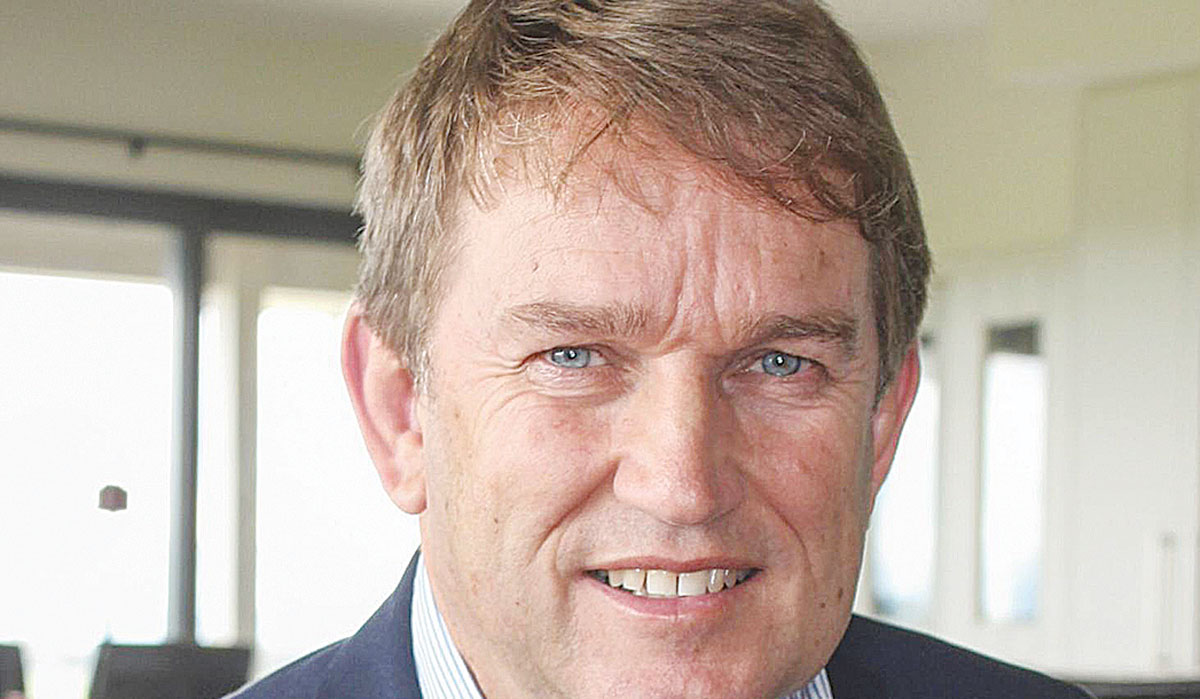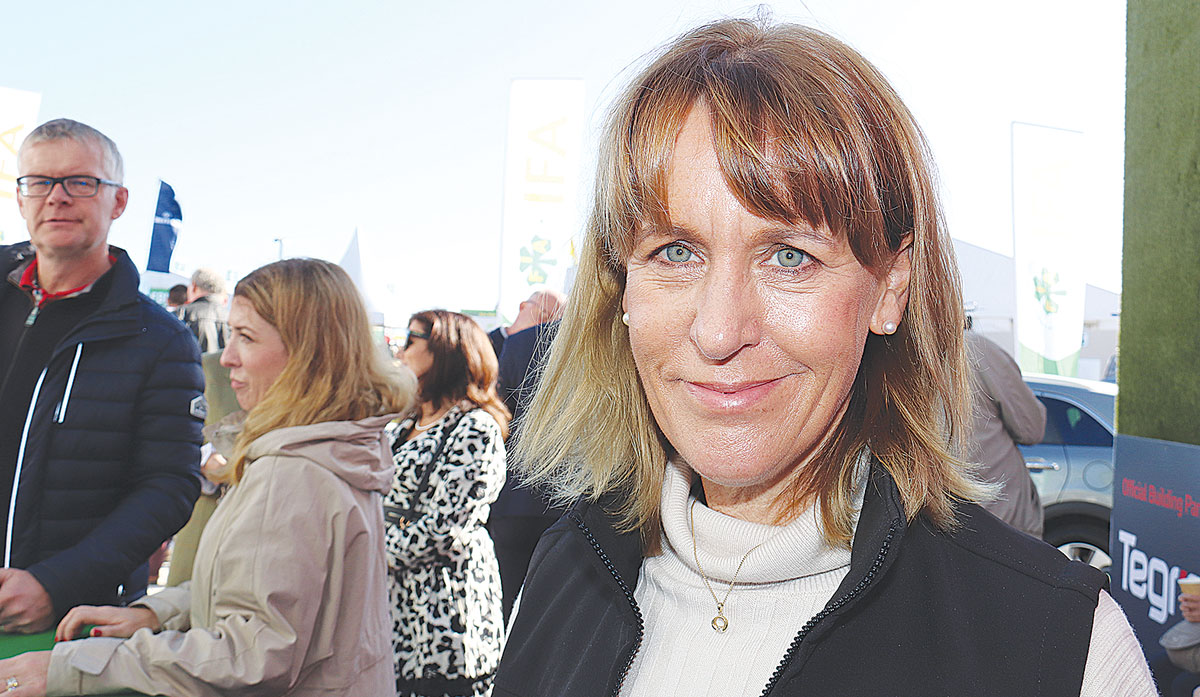NZ–Canada dairy trade dispute resolved
The long running trade dispute between NZ and Canada appears to be over.
Dairy processors say New Zealand's historic Free Trade Agreement (FTA) with the UK is an excellent outcome.
Dairy Companies Association of NZ (DCANZ) chairman Malcolm Bailey told Dairy News it's got the shape of what a quality trade deal should really look like and, in the case of dairy and other primary products, there is genuine trade liberalisation.
The agreement was signed in London last week by Trade and Export Growth Minister Damien O'Connor and the UK Secretary for State Anne-Marie Trevelyan. The deal has been put together in about 18 months, which is seen as extremely quick given the complex nature of such agreements and the fact that most of the negotiations took place virtually, not face-to-face.
The key points of the FTA are:
In terms of dairy, 60% of NZ's current dairy trade will enter the UK duty free once the FTA is passed into law and 99.5% within 5 years, and 100% within 7 years.
Bailey says the dairy industry is very happy at the outcome and says having the world's number two dairy market opening up to NZ is really quite significant and gives us options to develop trade over time. He says he's not unhappy about the timeframe for the quotas because it is a transition and it will take time to develop new market opportunities.
"We know there are some UK firms that want to import our stuff but we are not looking at great volumes.
"This is what we told the farmers lobby group in the UK - that we are not going to swamp their market. The other thing to remember is that they have been open to 27 other European countries for dairy exports for a long, long time so it's hard to see us making a particular difference overall in that market."
Well Done!
Malcolm Bailey says the speed at which the FTA has been successfully negotiated is a credit to the NZ Government and its officials and the UK politicians and negotiators. He says it wasn't easy for the negotiators having to conduct most of the talks via Zoom and other electronic media.
 |
|---|
|
DCANZ chairman Malcolm Bailey |
Malcolm Bailey says the UK/NZ FTA is a good model for future such deals including the one currently being negotiated between NZ and the EU.
"From our point of view, we think it sets a very helpful precedent that you can do high quality trade deals where market access is opened up. When we think of the EU it is the largest dairy exporter in the world, so they are very competitive with product they want to sent out from their part of the world; so the quid pro quo way of thinking should see them open up their market to others such as NZ," he says.
UK Farmers Unimpressed
Reaction from British farmers to the FTA deal appears less than positive.
The National Farmers Union (NFU) President Minette Batters says there appears to be little in this trade deal to benefit British farmers.
She claims the deal takes the same approach as the UK-Australia deal in eliminating tariffs for agricultural products, meaning that even for sensitive sectors like beef and lamb, dairy and horticulture, in time there will be no limit to the amount of goods New Zealand can export to the UK.
In a press release on the NFU website, Batters says the real risk to UK farmers, and longer term for people wanting to buy British food, is not this and other deals, but the cumulative impact of each deal when added together.
 |
|---|
|
National Farmers Union (NFU) President Minette Batters. |
"UK farm businesses face significantly higher costs of production than farmers in NZ, and margins are likely to tighten further in the face of rising input costs, higher energy bills and labour shortages. The UK Government is now asking British farmers to go toe-to-tow with some of the most export-orientated farmers in the world, without the serious, long-term and properly funded investment in UK agriculture that can enable us to do so," she says.
Batters says the UK government needs to make the sort of strategic investment in farming and exports that the NZ Government has made in recent decades. She says at a time when food security is becoming increasingly important there is a lack of support for UK farmers.
Fonterra has increased its 2024/25 forecast Farmgate Milk Price from $10/kgMS to $10.15/kgMS.
It took a stint at university to remind Otago dairy farmer Megan Morrison that being stuck in a classroom was not for her.
Farmer lobby group Federated Farmers has announced it is supporting a new Member’s Bill which it says could bring clarity to New Zealand farmers and save millions in legal costs.
DairyNZ has announced the date for its upcoming Milksolids Levy vote.
Federated Farmers says climate protest group Greenpeace is manufacturing outrage and attempting to scare New Zealanders with headlines that have no basis in science.
New Zealand Food Safety (NZFS) says it is supporting importer Goodfood Group in its decision to recall Food Snob and Mon Ami brand French Brie and Camembert cheeses.
OPINION: Milking It reckons if you're National, looking at recent polls, the dream scenario is that the elusive economic recovery…
OPINION: Sydney has a $12 million milk disposal problem.